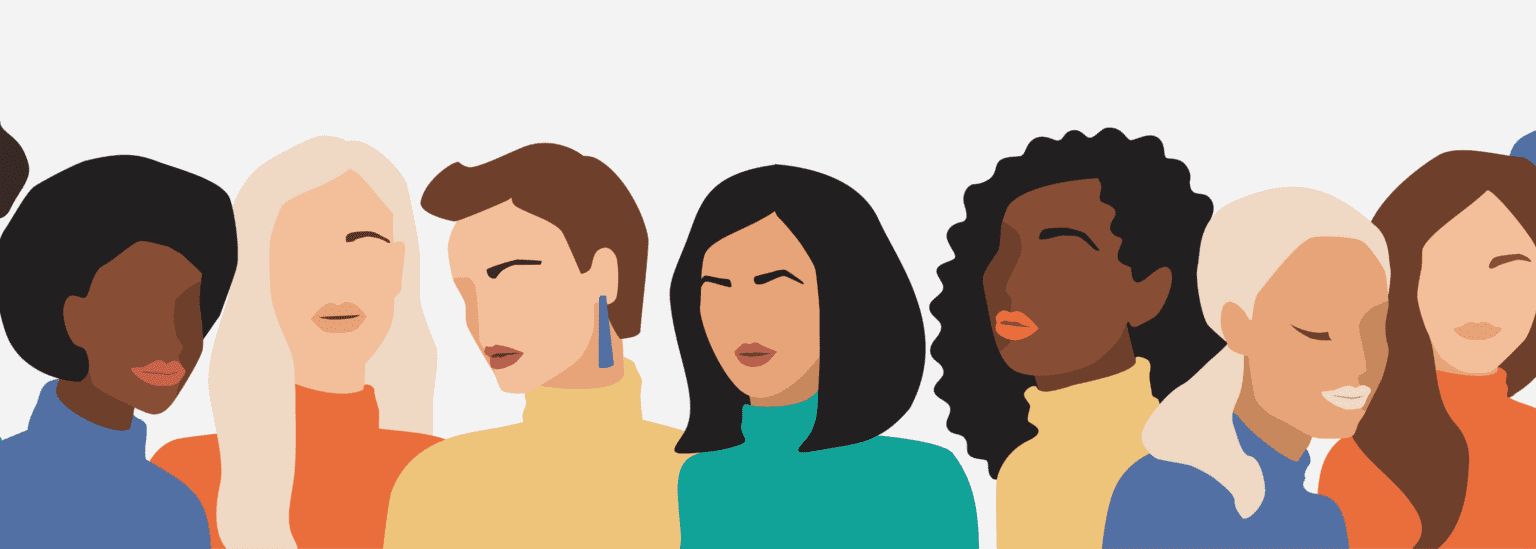More Deaf Women Go to College than Deaf Men
Did you know that more deaf women are going to college than deaf men? It’s true! About 6.4% of deaf women are in college compared to 4.2% of deaf men (Bloom, Palmer, Winninghoff, 2024). But overall, not many deaf people are going to college compared to those who can hear. That’s because there are still some big challenges, like sign language interpreter shortages, financial barriers, and not as many deaf students enrolling overall.
Not to mention that there is a higher percentage of deaf students who have kids compared to hearing students (28.8% vs. 19.3%) (Bloom, Palmer, Winninghoff, 2024). Less than half of all colleges and postsecondary training programs across the country offer on-site childcare and deaf students are less likely to attend campuses with those programs.
Accessibility, belonging, and creating a supportive environment go beyond providing accommodations in the classroom. Institutions need to consider offering childcare services and enhancing assistance for deaf students with children. In this way, colleges can show a commitment to truly accessible campuses, fostering belonging, and creating deaf-affirming climates for their students.
Additionally, it’s essential to provide mentorship and support programs tailored to the unique needs of deaf women in higher education. These programs can help deaf women navigate academic challenges, access resources, build networks that contribute to their success, and can be instrumental in driving your institution’s commitment to support and belonging.
Black Deaf Women Go to College and Graduate More Often Than Black Deaf Men
Black Deaf women are overcoming significant barriers—including limited financial support, a lack of access to educational resources, and underrepresentation on campuses—to excel in college. Despite these challenges, Black deaf women are achieving college graduation at even higher rates than Black deaf men. This success underscores the urgent need to dismantle barriers and empower students regardless of background or ability.
When it comes to college degrees overall, deaf women are truly leading the way. They’re setting their sights higher and going after those advanced degrees, too! The data shows that 9.4% of deaf women have earned a master’s degree or higher, compared to 7.4% of deaf men (Bloom, Palmer, Winninghoff, 2024).
Deaf Women Face Poorer Employment Outcomes and an Expansive Earnings Gap
But here’s the thing—even with these advanced degrees, deaf women are still making less money than deaf men. On average, they’re bringing in about $20,000 less each year! The median salary for deaf women is about $58,000 a year, while men earn about $78,000 a year on average (Bloom, Palmer, Winninghoff, 2024).
Even though 66.9% of deaf women are working full time, deaf men are employed full time at higher rates (Bloom, Palmer, Winninghoff, 2024). While these rates are comparable to hearing people, there are significant amount of deaf people struggling to find jobs.
Due to these employment gaps, more deaf people, and women in particular, are starting their own businesses to take charge and make their own opportunities! A significant percentage of deaf women are entrepreneurs compared to their hearing counterparts, with an estimated 3.2% of deaf women owning/operating their businesses compared to only 2.8% of hearing women (Bloom, Palmer, Winninghoff, 2024). For this reason, the growth of the deaf ecosystem and support groups, like Deaf Women of Color and Deaf Women United, are crucial components to bridging the employment gap.
Celebrating and Empowering Deaf Women
Let’s give a big shoutout to all the amazing deaf women out there. They are breaking down barriers, following their dreams, and showing us what it means to be strong and resilient. If you want to watch some of their inspiring stories, check out the videos below! For further data or research on deaf women, or for one-on-one support, please send an email to our Help Team at help@nationaldeafcenter.org.









